
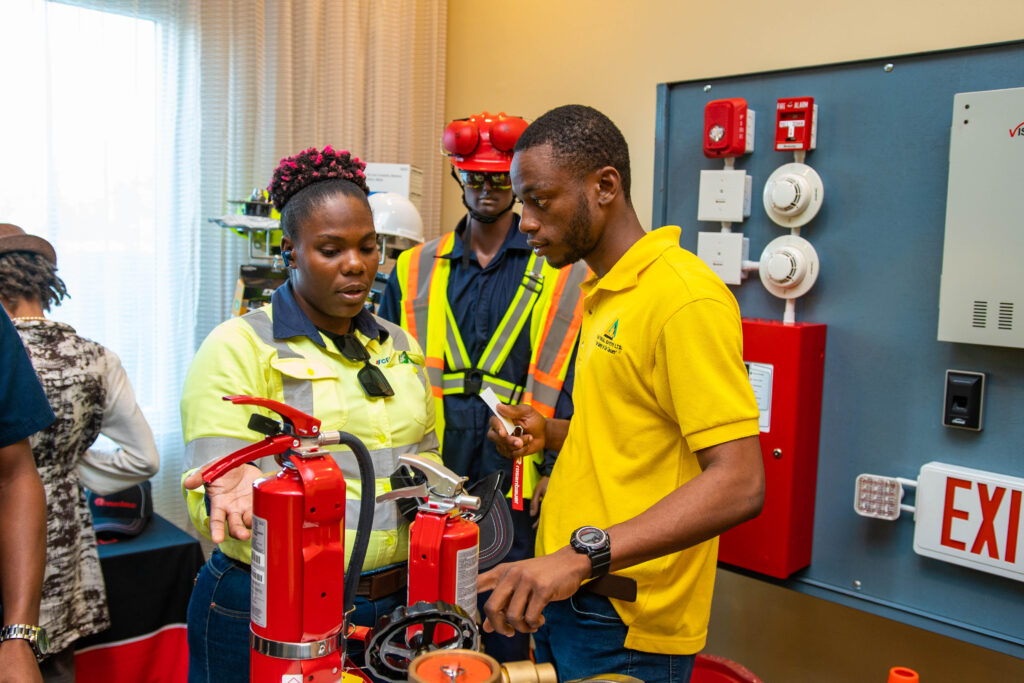
As Jamaica experiences a surge in housing developments, particularly apartments and townhouses, integrating safety measures into the design and construction of these buildings has become increasingly urgent.
Recently, National Safety Limited marked its 52nd anniversary with a forum at the Courtyard Marriott, where industry professionals gathered to address critical safety concerns in these growing developments.
The forum, titled “Decades of Dedication: Innovating Safety for Tomorrow,” focused on the need for life and fire safety in high-rise and mass housing projects, a topic gaining significant attention as developments continue across the island.

The event brought together stakeholders from the Jamaica Fire Brigade, the Jamaica Institution of Engineers, the Jamaican Institute of Architects, and the Incorporated Master Builders Association of Jamaica to discuss life and fire safety in commercial and residential buildings.
According to Sean Orlando Martin, Deputy Commissioner and Chief Fire Prevention Officer at the Jamaica Fire Brigade, a concern is that given the rising costs associated with developments, safety is often the first area where cost measures are critically looked at. Martin emphasized that “Fire protection systems are among the first elements to be cut when developers look to stay within budget,” Martin continues. “Fire exits, fire-resistant materials, and other critical features are sometimes replaced with cheaper alternatives, putting lives at risk.” He stressed that fire safety should be integrated into the design from the outset, warning that treating it as an afterthought exposes future residents to unnecessary danger.
Despite improvements to Jamaica’s building codes, challenges persist in the implementation and interpretation of these regulations. One of the key issues discussed was the difficulty developers face in navigating the fire safety code’s extensive requirements. While consultations have been extensive, many of the standards remain in draft form, making their universal adoption a challenge.
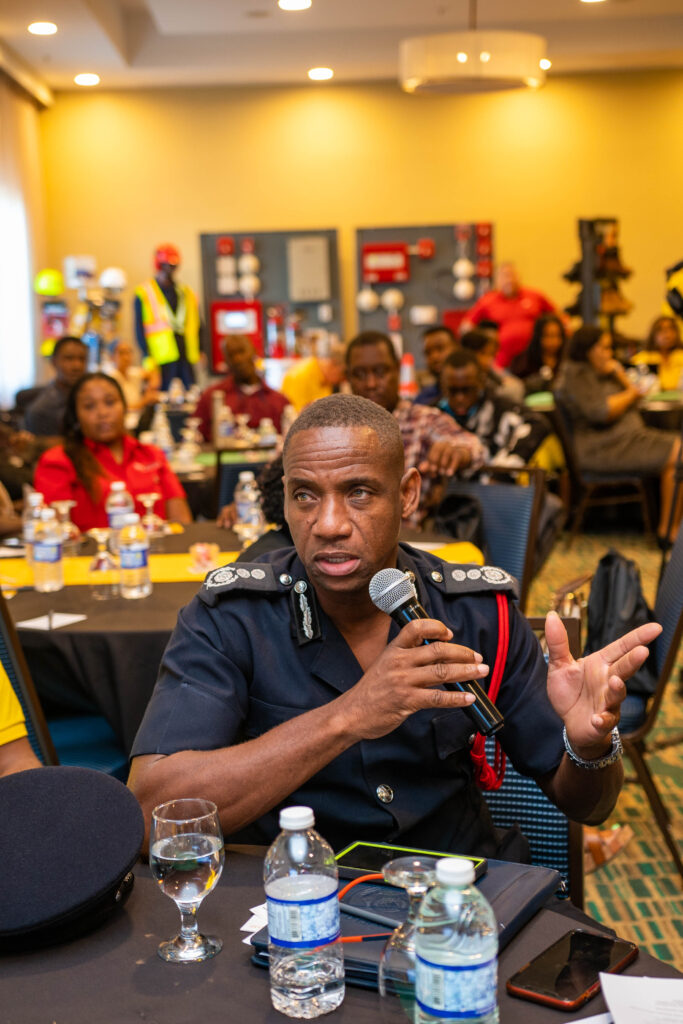
Experts have called for better enforcement and education surrounding fire safety. According to Oneil Josephs, President of the Jamaica Institution of Engineers, many construction professionals are not fully familiar with the fire safety requirements in the code, which often results in safety being overlooked during the design and construction phases. “There is a critical need for a comprehensive educational program to ensure that all stakeholders—fully understand the importance of complying with fire safety codes,” Josephs said.
The gap in knowledge and understanding, experts argue, contributes to safety vulnerabilities in Jamaica’s new development projects. This issue extends beyond the code itself, with proper implementation and education being crucial to incorporating safety standards throughout the construction process.
David Cuthbert, J.P., a member of the Jamaican Institute of Architects, called for a shift in mindset. “Understanding and implementing the building code is not just about compliance,” he said. “It’s about ensuring the long-term safety and sustainability of the building for its residents.” Cuthbert also cited a concerning example of a 2015 development where the developer discovered after construction that critical fire safety features—such as proper fire exits—were missing. This oversight delayed the issuance of an occupancy certificate and highlighted the risks of cutting corners during design.
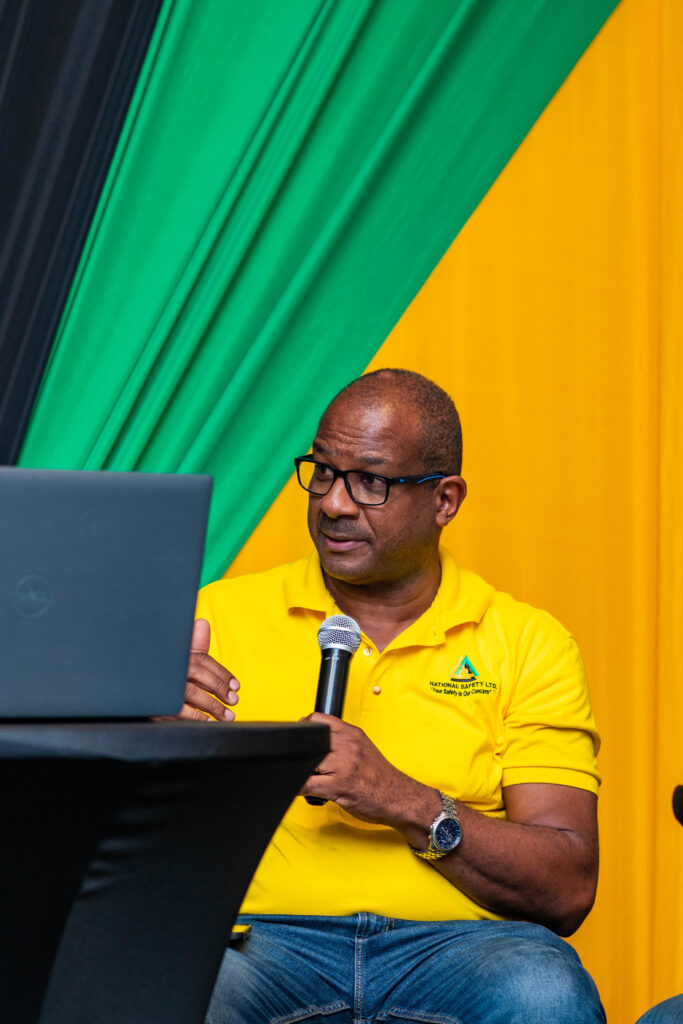
While experts acknowledged the high cost of fire protection, they emphasized that the long-term financial and human costs of neglecting safety are far more significant. The absence of fire safety features could result in devastating losses in the event of a disaster.
Looking ahead, experts agreed that a more collaborative approach is necessary to improve fire safety in housing developments. Codes and regulations must be enforced, and stakeholders must be properly trained to ensure effective implementation. As housing developments continue to grow across Jamaica, it is critical that safety is prioritized from the outset, with developers held accountable for ensuring that vital safety measures are integrated into every project.
Granville Gayle, CEO of National Safety applauded the panel discussion by saying, “”At National Safety Limited, we are dedicated to supporting developers, homeowners, and others in implementing essential fire and life safety measures. It was a pleasure engaging in meaningful discussions about the industry’s needs to enhance the safety of our buildings. We remain steadfast in our commitment to fostering a safer community and a safer Jamaica”.
National Safety Limited’s anniversary forum served as a timely reminder of the importance of safety in high-rise and mass housing developments. As Jamaica’s housing sector expands, safety must be an integral part of every design to ensure that homes and communities are not only affordable but also safe and sustainable for generations to come.
Gayle continued, “National Safety is here for all Jamaicans in meeting the safety requirements in all categories from a pin to a fire engine.”




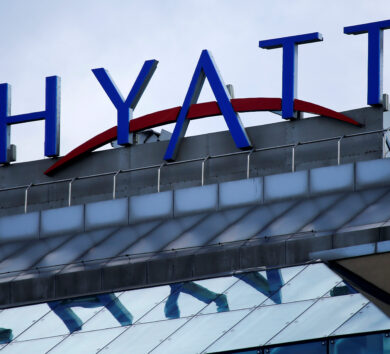
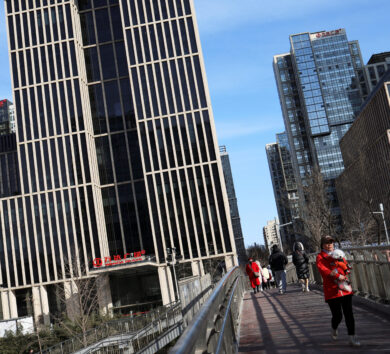

Comments